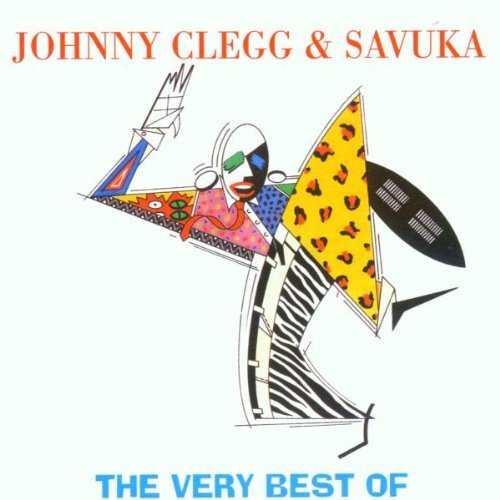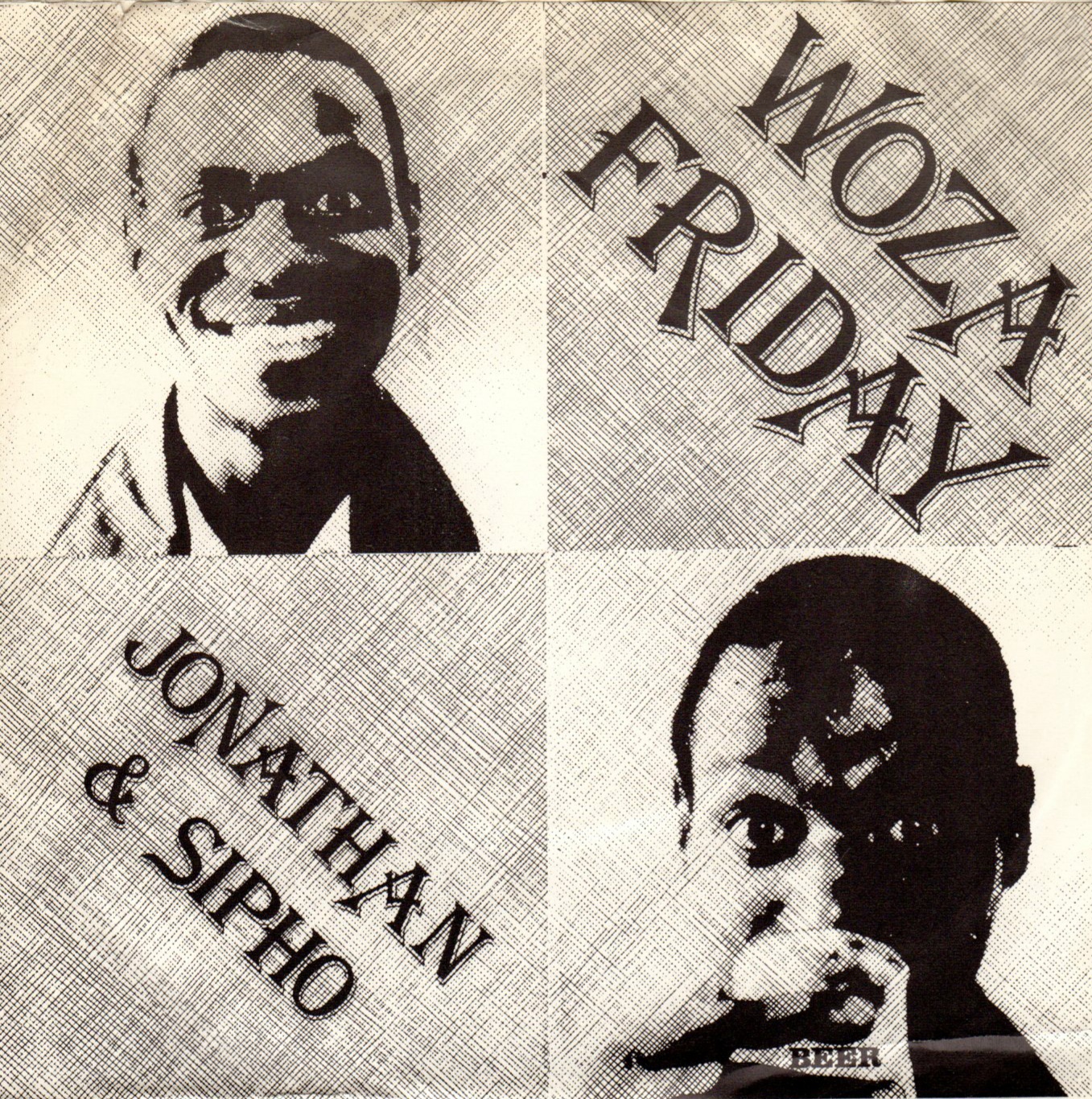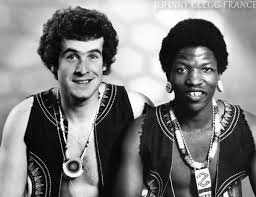The Crossing – Johnny Clegg
Written for Dudu Ndlovu, one of Clegg’s dancers who was killed during the violence of the early 90’s, ‘The Crossing’ is a moving song and one of the standout tracks on ‘Heat, Dust & Dreams’ his album from 1993. On the face of it the song could be about crossing over from the land of the living to be with the ancestors, but, given the time this song was released, it was also a metaphor for the crossing the country was making from apartheid to democracy.
This is argueably one of Clegg’s most polished songs and possibly one of his best vocal tracks. That’s not to diss the rough folkiness of his other stuff, that’s what gave it it’s charm. But the sombre subject of this song demanded this be a polished affair. The more subdued verses talk of loss and violence but they are offset with the rousing chorus of ‘O Siyeza, o siyeza, sizofika webaba noma’ (We are coming, we are coming, we will arrive soon). The heartfelt delivery is the kind of stuff that can bring a lump to the throat and a tear to the eye.
Roll on 15 years after Johnny recorded the song and in 2018, about a year before his death, a group of leading South African musicians recorded a moving version of the song in honour of Johnny. This conglomeration included among others Johnny’s son Jesse, Karen Zoid, Vusi Mahlasela, David Kramer, Kahn Morbee from the Parlotones, Patricia Lewis, Zolani Mahola from Freshlyground, Arno Carstens and a special guest appearance of Peter Gabriel. It is not only the power of the song that reflects Clegg’s genius, but the mix of people from all colours of the South African rainbow working together that makes this a fitting tribute to him. It honours his music and his values.
But perhaps it is the line ‘Oh, it’s funny how those once so close and now gone can still so affect our lives’ that really gets one when listening to this. Johnny has now made his crossing, but his music and legacy lives on in his music. We will be listening to ‘Scatterlings’, ‘Impi’, ‘Asimbonanga’ and many others for a long time to come. I think that ‘The Crossing’ will also be one that people turn to when remembering Johnny and as one comment on the page for the Friends of Johnny Clegg version says ‘If you watched this and didn’t get tearful are you even South African?’
Where to find it:
Heat, Dust & Dreams – Johnny Clegg (1993), EMI, CDEMCJ(WF)5499
Video:
Johnny Clegg:
Friends of Johnny Clegg version:










